Syrian refugees ‘resettle in’ to Switzerland
The Monjids - a family of four - are so-called resettlement refugees. How easy has it been for them to settle into life in Switzerland?
In 2015, the family was allowed to leave Lebanon where they had fled after their home in Damascus was bombed, and come to Switzerland. They count as so-called resettlement refugees.
Within the framework of the resettlement programmeExternal link of the UN High Commission for Refugees (UNHCR), Switzerland has agreed to accept refugees considered particularly vulnerable. These often include families with children like the Monjids.
The family lives in a small apartment in northwestern Swiss village of Muhen. For the past two years, like all resettlement refugees in canton Aargau, they were looked after by Caritas. The relief organisation works together with volunteers like Sarah Dürr who help families integrate and manage everyday tasks.
Google house rules
At the beginning, Dürr says it was about basic things such as separating waste or explaining the house rules. They often had to communicate through Google Translate. But the father, Ibrahim, has now attended several language courses, and can speak rudimentary German, although it’s not good enough to fill out bureaucratic forms.
Families taking part in the resettlement programme were supposed to be so well integrated after two years that they could manage on their own and even find work.
The Monjid family has not yet got there, despite their eagerness to integrate. Six-year-old Moatasim attends kindergarten and plays organised football. His mother Taghrid has attended two literacy courses, but not yet one in German. The second child was born a year ago, and her parents named her Heidi – in gratitude to Switzerland for taking in the family.
Dürr tries to teach German to the young mother. She criticises Ibrahim for not having studied harder, since he needs to improve his German to realise his dream of taking up an apprenticeship as a painter, a job he had in Syria and Lebanon. Since he can’t ask for anymore government funding for language courses, he’ll have to pay out of his own pocket if he wants to improve his German.
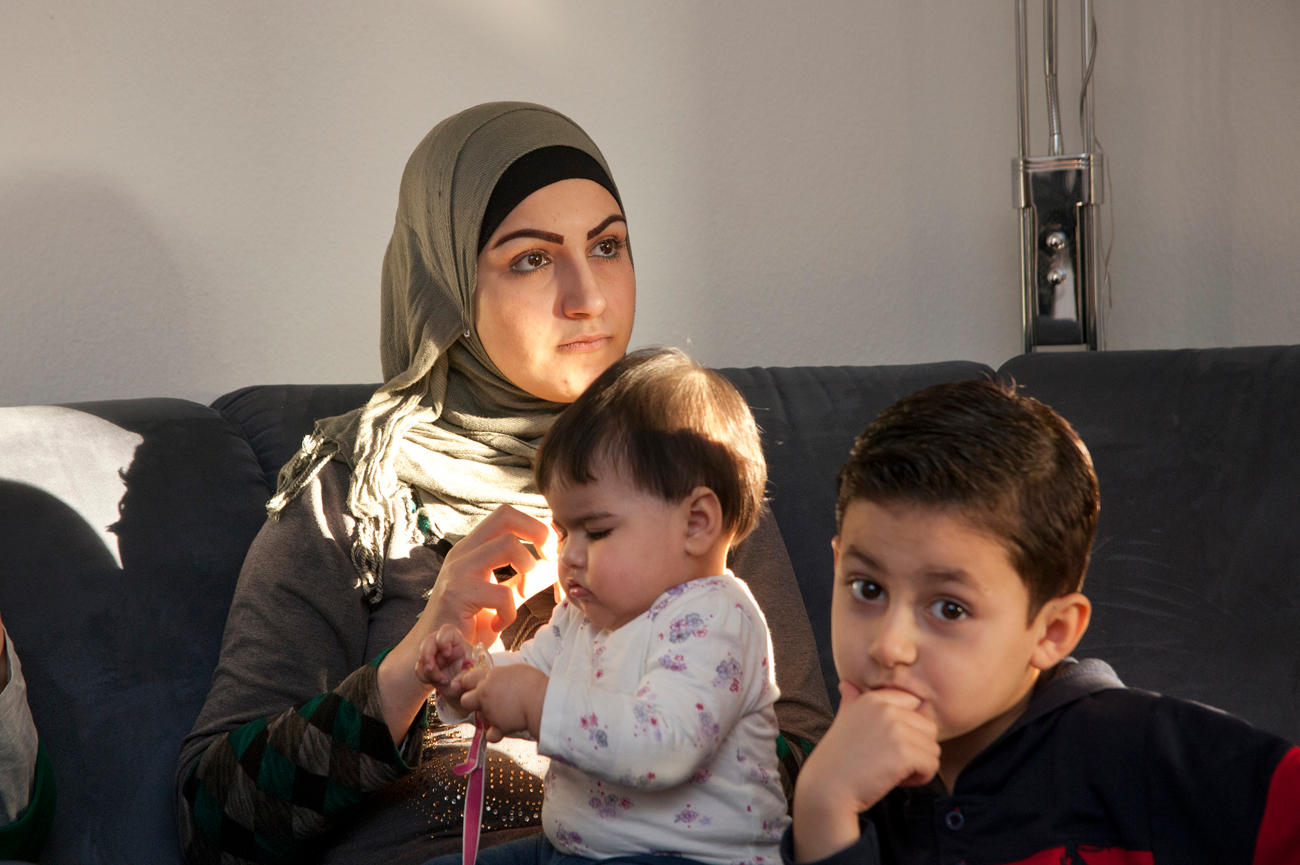

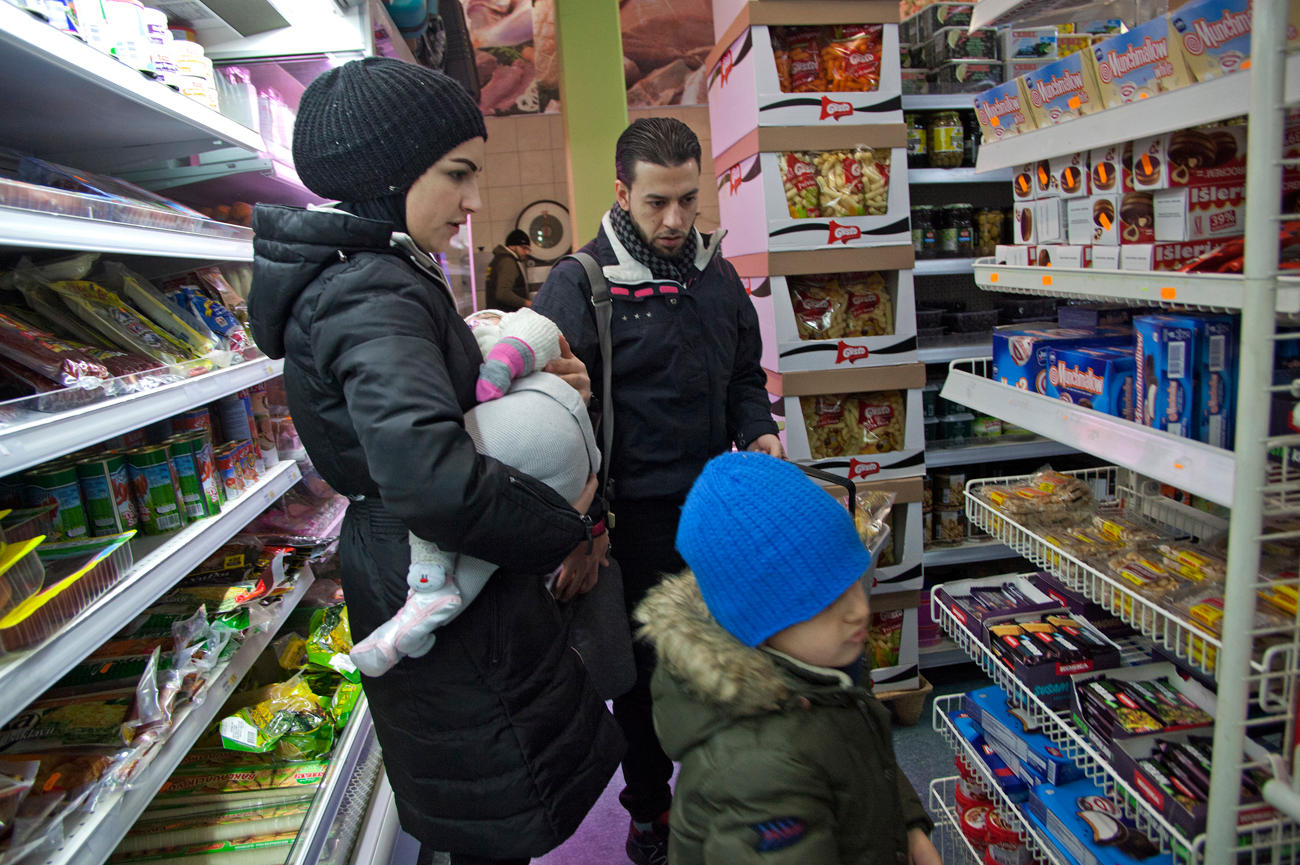

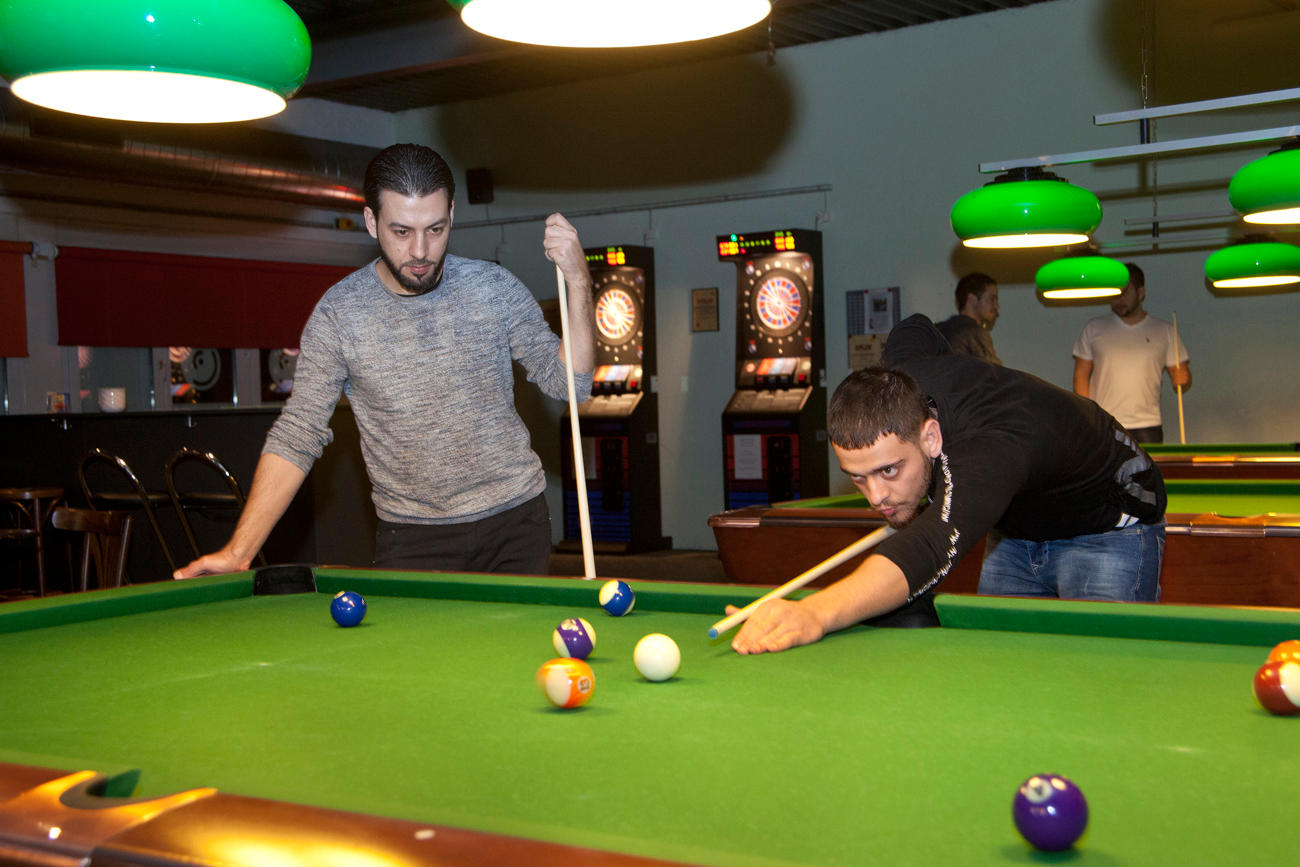
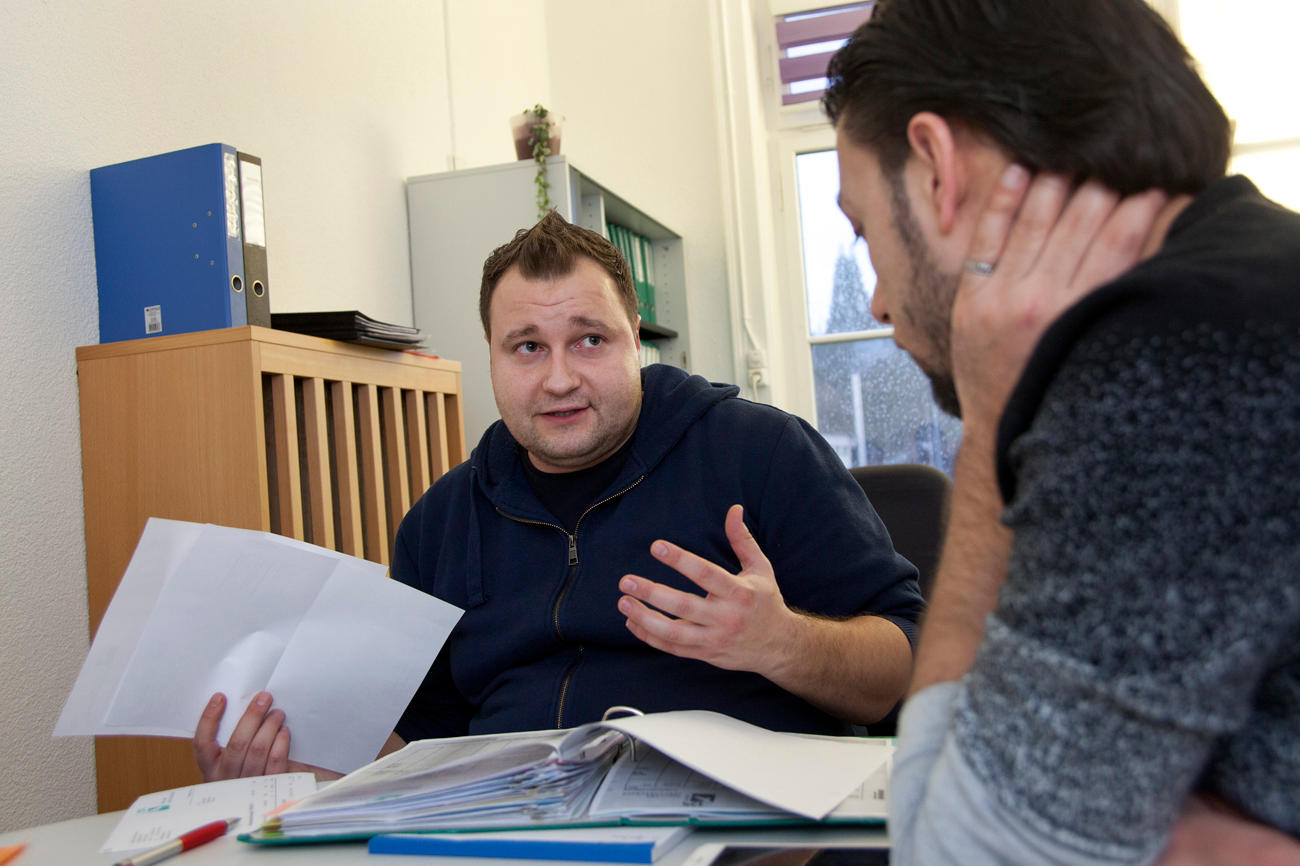
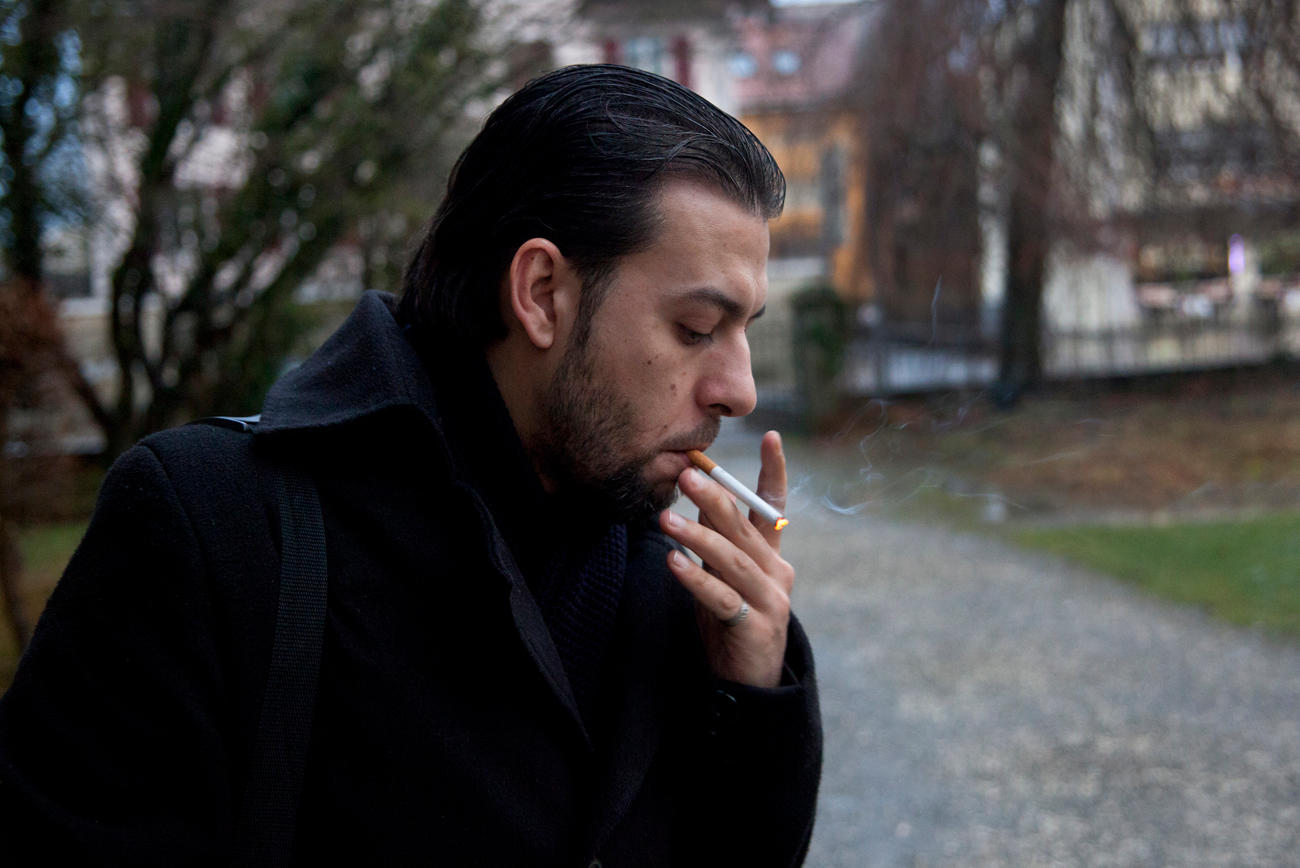
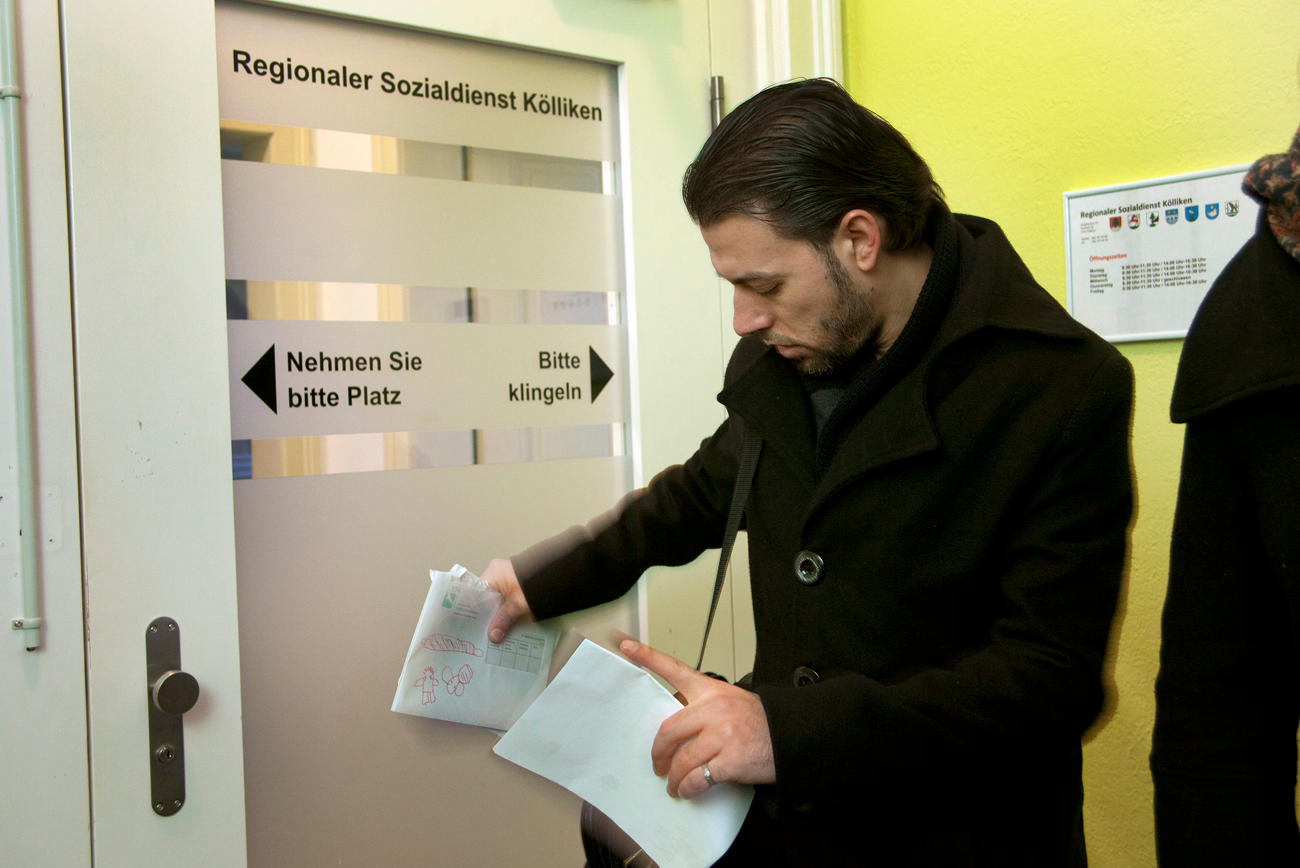
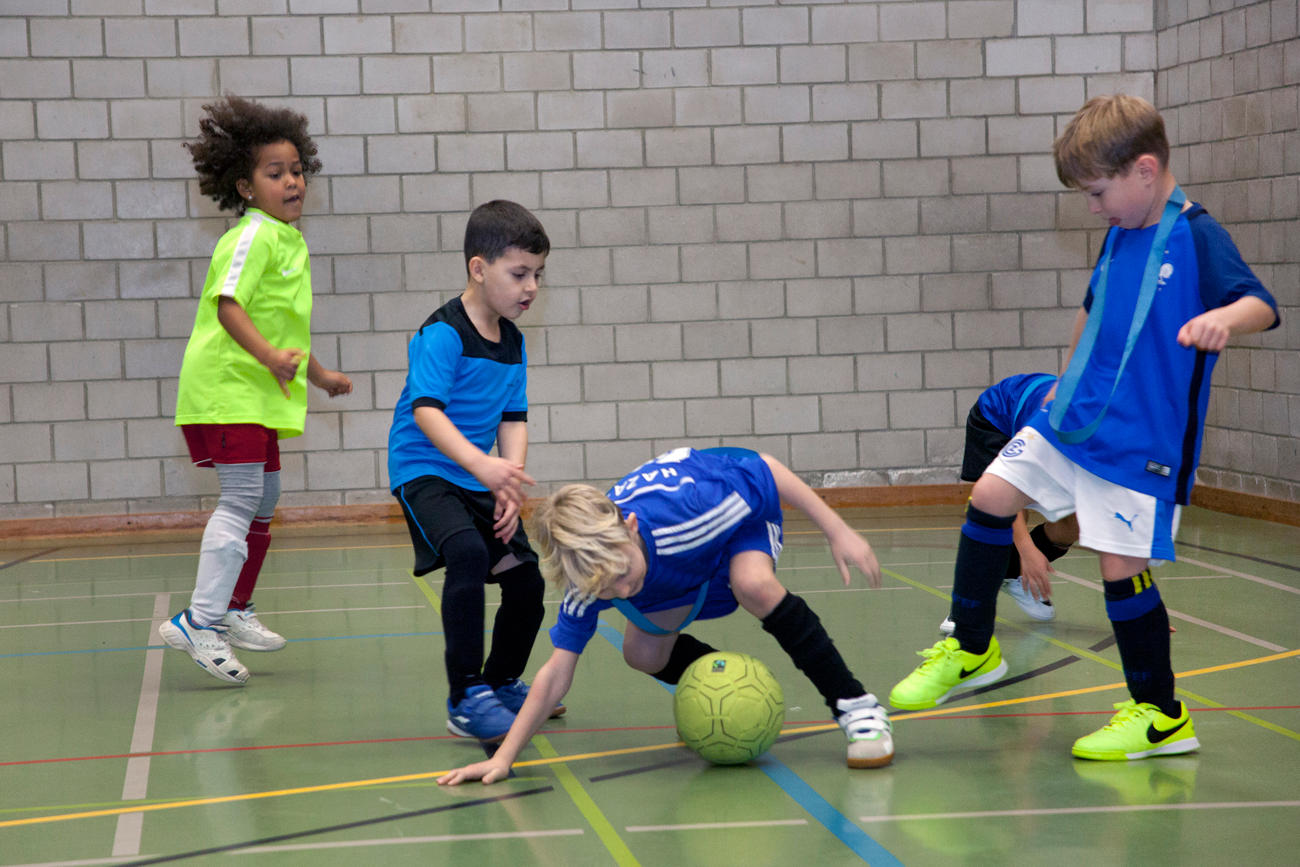

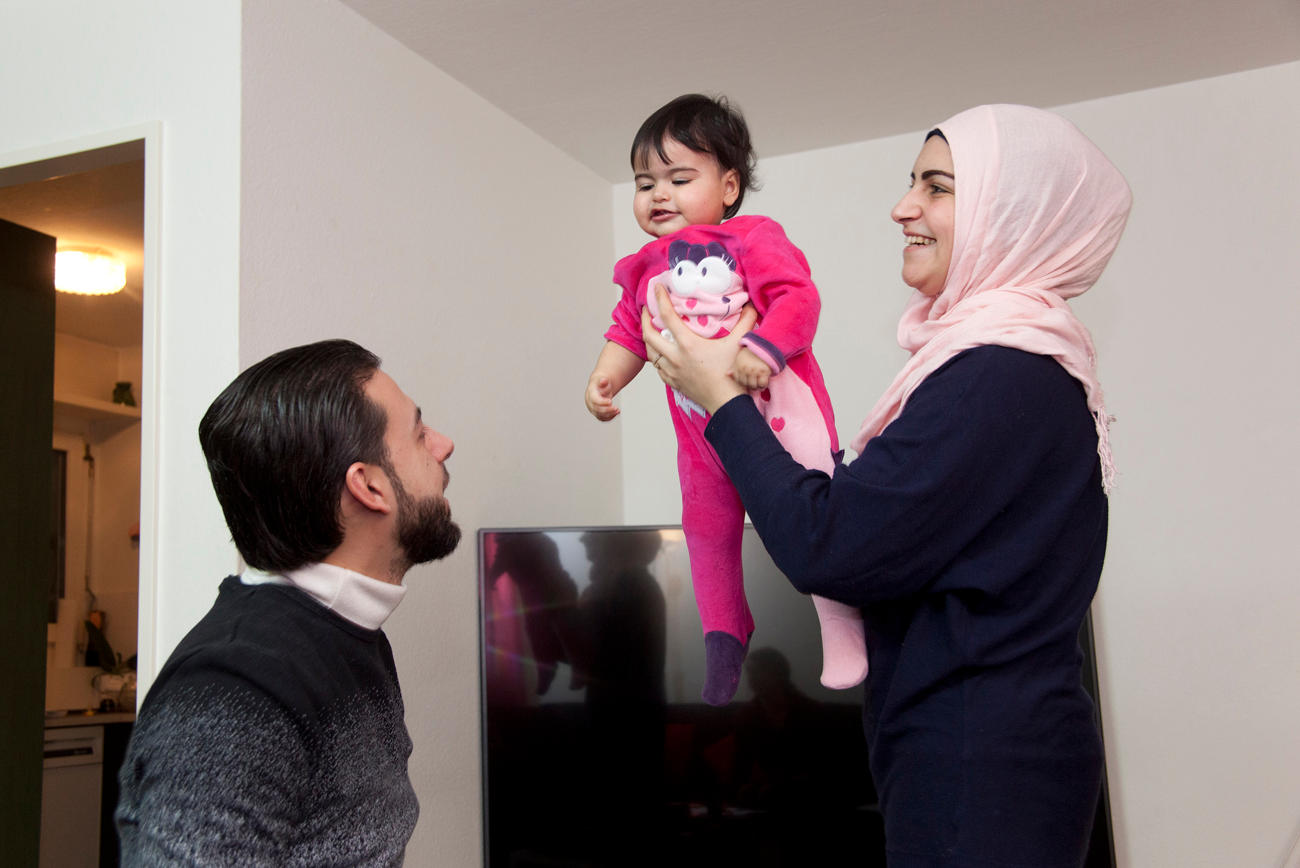
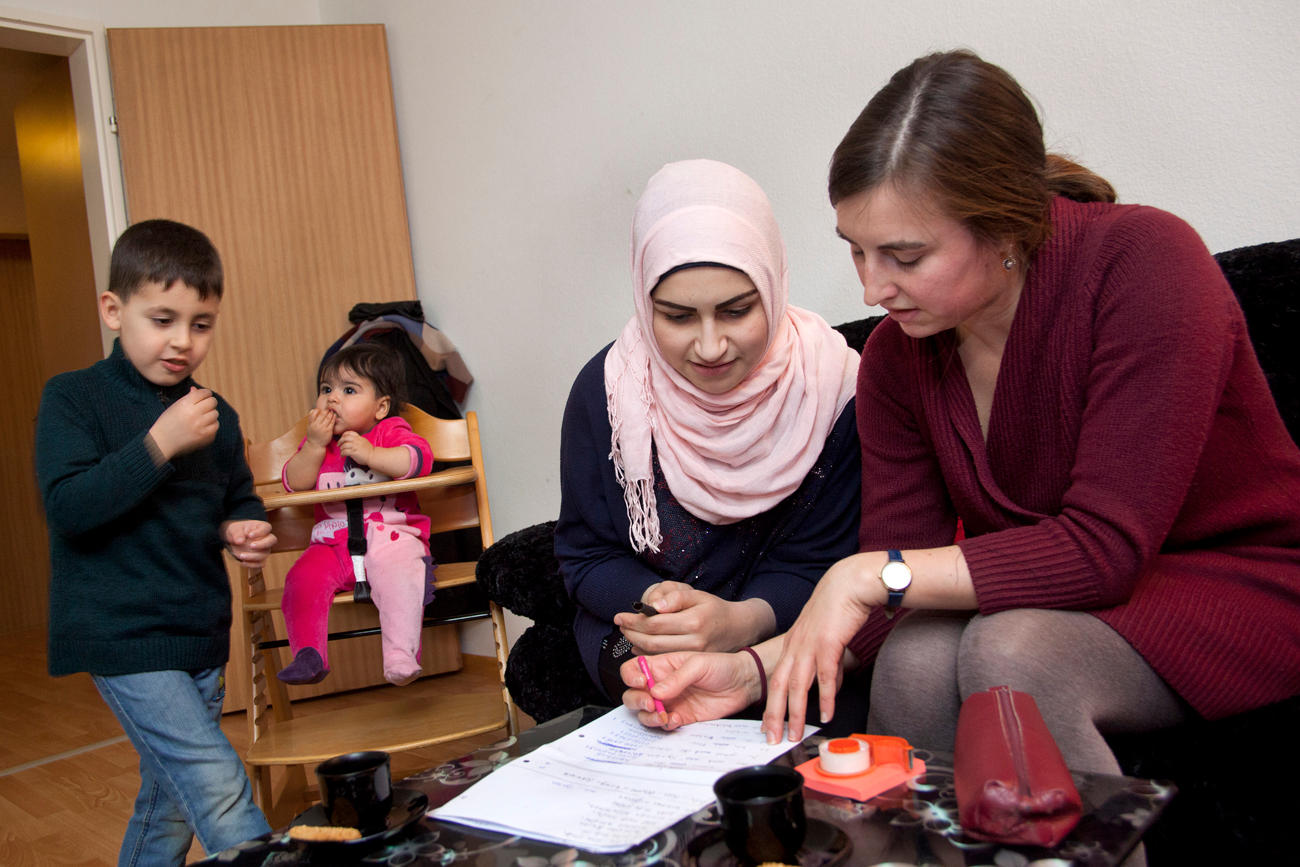
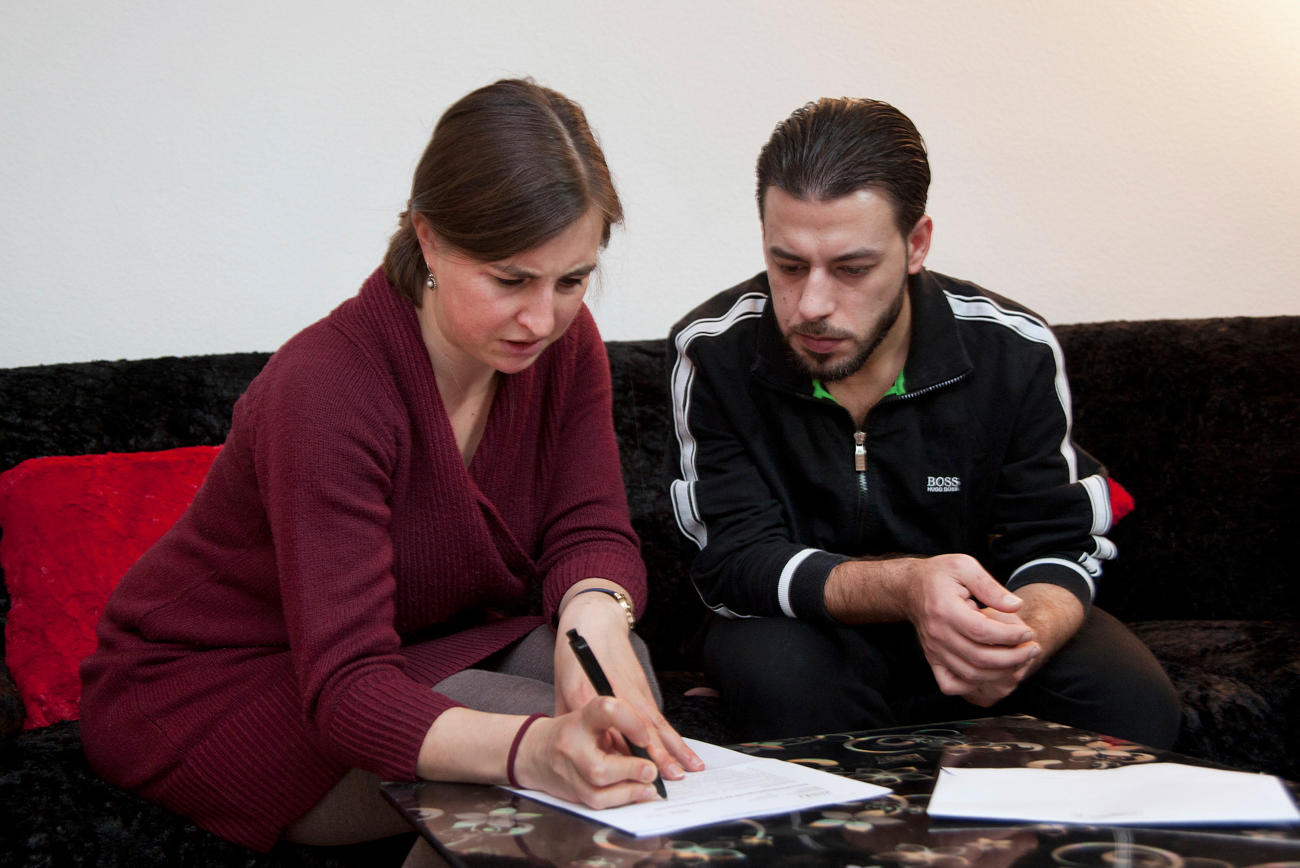
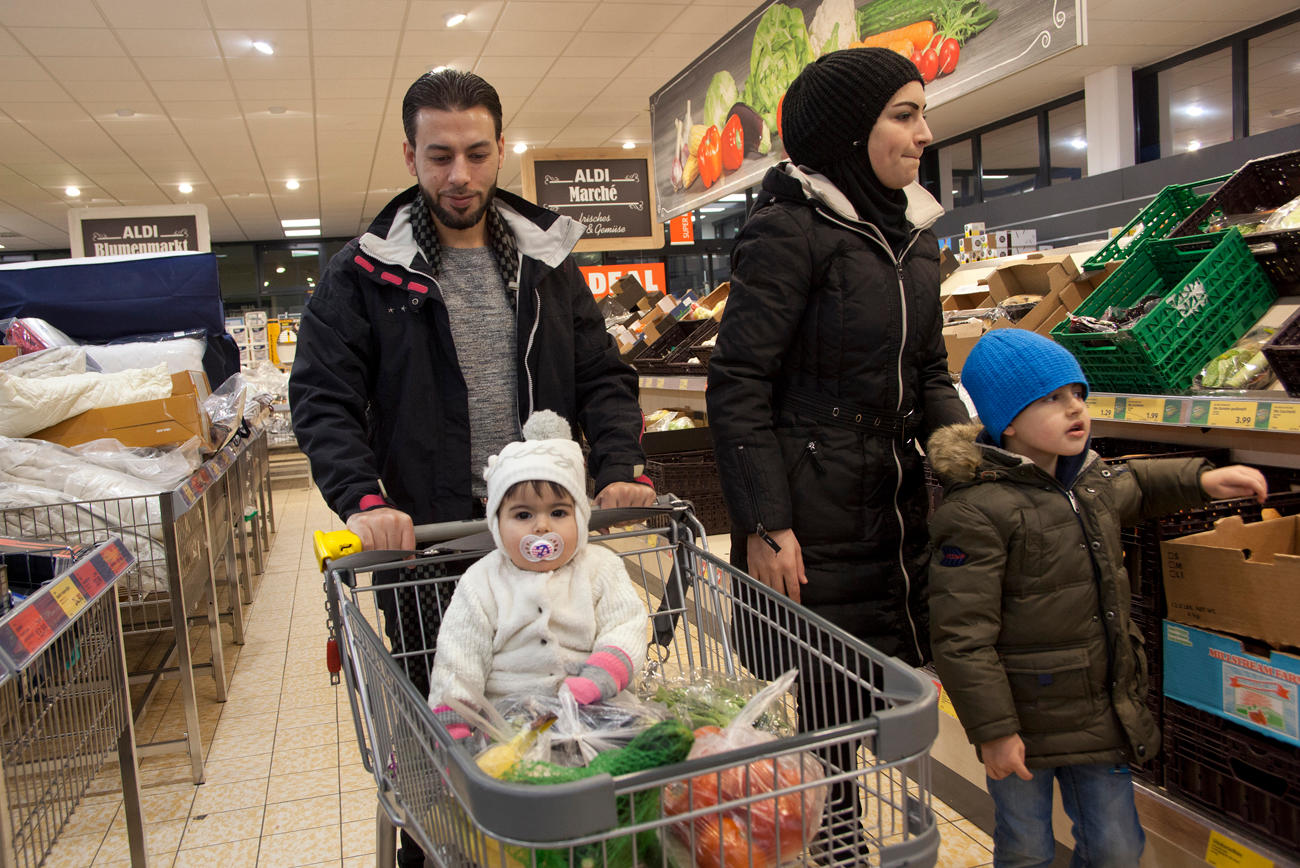
You can find an overview of ongoing debates with our journalists here . Please join us!
If you want to start a conversation about a topic raised in this article or want to report factual errors, email us at english@swissinfo.ch.